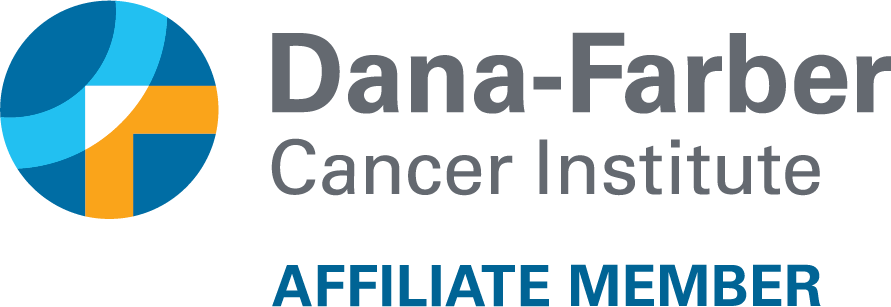Head and Neck Cancer
Understanding Head and Neck Cancers
Head and neck cancers refer to a group of cancers that start in the mouth, nose, throat, larynx (voice box), sinuses, or salivary glands. These cancers can affect your breathing, eating, and speaking. Understanding the symptoms and treatments can help in managing these cancers effectively.
What Are the Symptoms of Head and Neck Cancers?
The symptoms of head and neck cancers can vary depending on the specific area affected. Here are some common symptoms to watch for:
- A Lump or Sore That Doesn’t Heal: You may notice a persistent lump or sore in the mouth or throat.
- Persistent Sore Throat: A sore throat that doesn’t go away might be a sign.
- Difficulty Swallowing: You might find it hard to swallow food or liquids.
- Changes in Voice: Hoarseness or changes in your voice could indicate a problem.
- Ear Pain: Unexplained ear pain can sometimes be related to throat cancer.
- Nasal Obstruction: Blockage or congestion in the nose, especially on one side, could be a symptom.
- Unexplained Weight Loss: Losing weight without trying can be a sign of cancer.
If you have any of these symptoms, it’s important to see a doctor for an evaluation.
What Causes Head and Neck Cancers?
Several factors can increase the risk of developing head and neck cancers:
- Tobacco Use: Smoking or using smokeless tobacco products is a major risk factor.
- Alcohol Use: Heavy drinking can increase your risk.
- HPV Infection: Human papillomavirus (HPV) infection is linked to some head and neck cancers.
- Poor Oral Hygiene: Not taking care of your teeth and gums can contribute to these cancers.
- Exposure to Certain Chemicals: Inhaling chemicals like asbestos or wood dust can increase risk.
- Age and Gender: These cancers are more common in older adults and men.
How Are Head and Neck Cancers Diagnosed?
Doctors use several methods to diagnose head and neck cancers:
- Physical Exam: The doctor will check for lumps or abnormalities in the head and neck area.
- Endoscopy: A thin, flexible tube with a camera is used to examine the inside of the throat and mouth.
- Biopsy: A small sample of tissue is taken to check for cancer cells.
- Imaging Tests: CT scans, MRIs, or PET scans help identify the cancer’s size and spread.
Early diagnosis improves the chances of successful treatment.
What Are the Treatments for Head and Neck Cancers?
Treatment for head and neck cancers depends on the type, location, and stage of cancer, as well as the patient’s overall health. Here are common treatment options:
- Surgery: Surgery aims to remove the tumor and some surrounding tissue. It may include removing lymph nodes if cancer has spread.
- Radiation Therapy: High-energy rays are used to target and kill cancer cells. It’s often used after surgery to destroy any remaining cancer cells.
- Chemotherapy: Drugs are used to destroy cancer cells. This treatment is often combined with radiation therapy.
- Targeted Therapy: This involves drugs that specifically target cancer cell proteins and interfere with their growth.
- Immunotherapy: This treatment boosts the immune system to recognize and attack cancer cells.
What Is the Prognosis for Head and Neck Cancers?
The prognosis for head and neck cancers depends on various factors, including the cancer’s stage at diagnosis and the patient’s overall health. Early-stage cancers generally have a better prognosis than advanced-stage cancers.
Living with Head and Neck Cancer:
Coping with head and neck cancer can be challenging. Here are some tips to help manage:
- Nutrition: Work with a dietitian to find foods that are easier to eat and swallow.
- Speech Therapy: Therapy can help with speech and swallowing difficulties.
- Support Groups: Joining support groups can help you connect with others who understand what you’re going through.
- Regular Follow-Ups: Keep up with regular check-ups to monitor your health and progress.

Related Services
Head and Neck Cancer Physicians
Head and Neck Cancer Team Members
Financial Advocacy

Financial Advocates
If you are experiencing financial distress due to treatment costs or the inability to work, we want you to know that we offer financial advocates who are here to help. Our advocates can assist you in finding resources and support through various third-party organizations, ensuring you have access to the financial assistance you need during this challenging time. Please don’t hesitate to reach out to our team for guidance and support.






